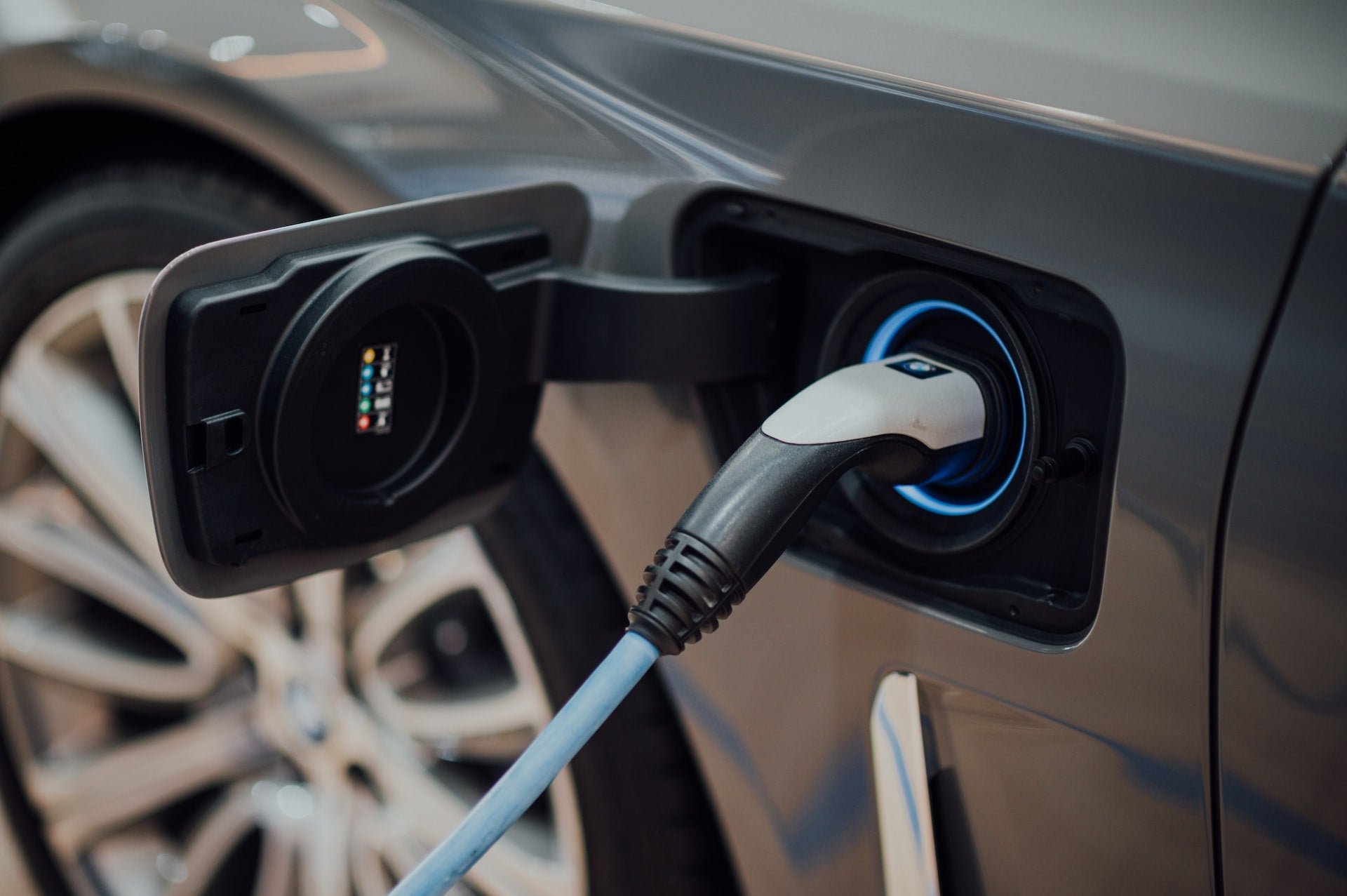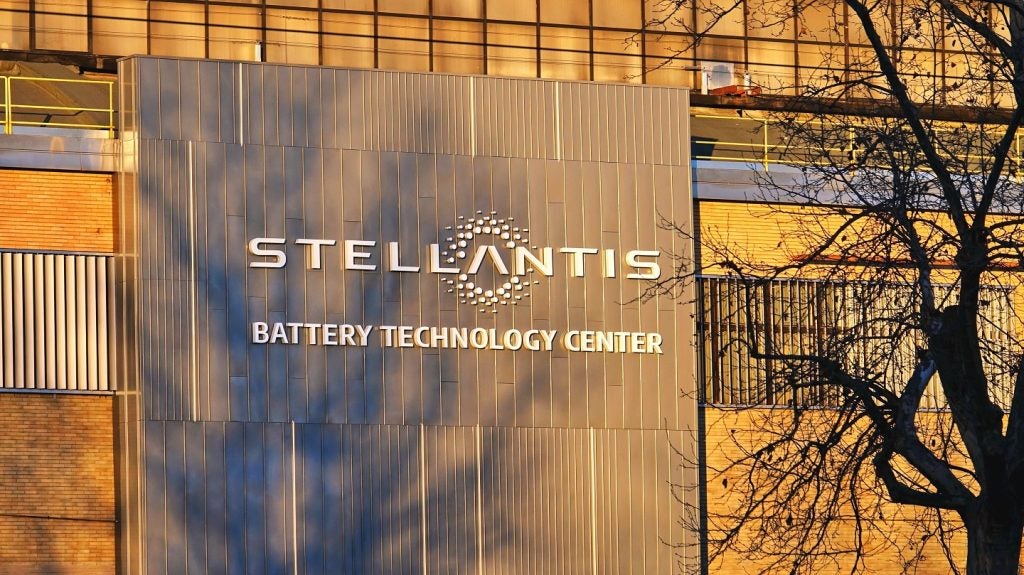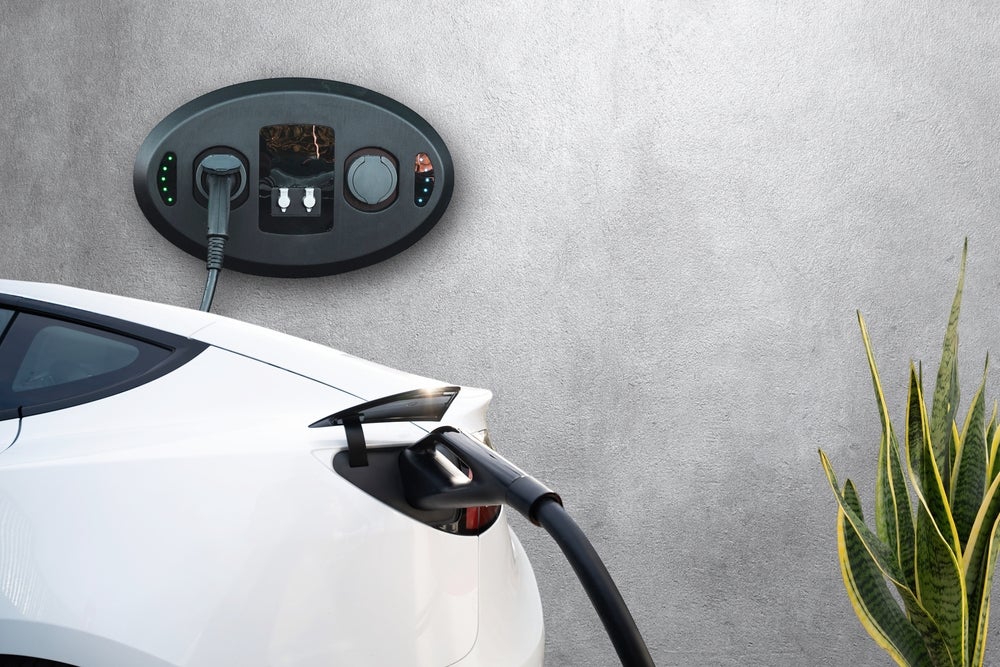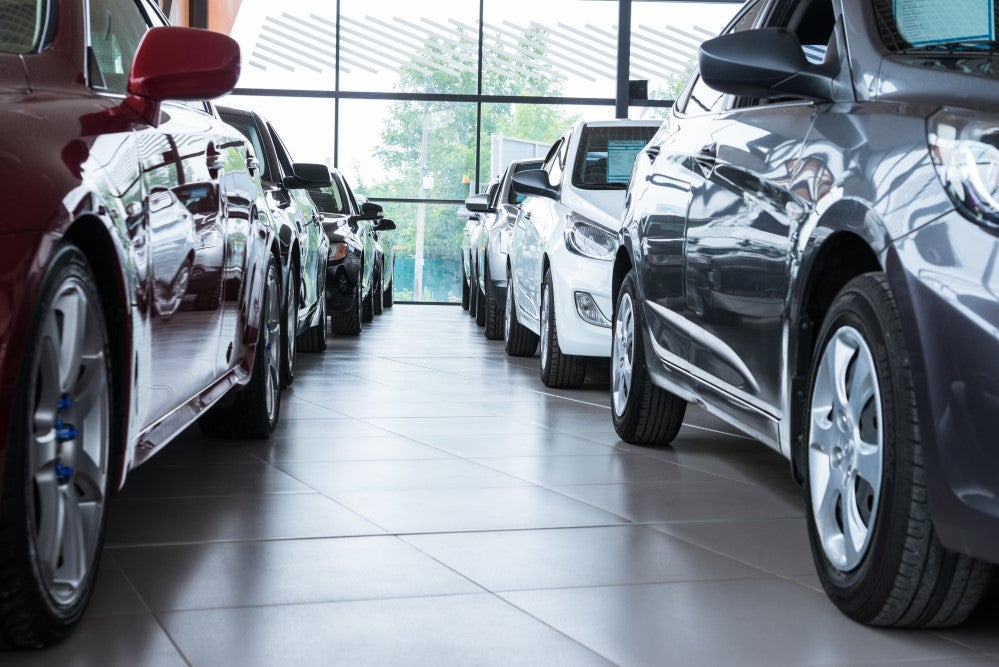
Without consistent Benefit in Kind taxation (BiK) rates and the availability of salary sacrifice programmes, the majority of drivers would not select electric cars (EVs) over petrol or diesel, as per an annual analysis commissioned by Tusker.
The research revealed that with no salary sacrifice scheme, transitioning to EVs would not be affordable for mass-market drivers.
A total of 2,000 in-work drivers from across the country took part in Tusker’s survey.
Specifically, 60% of the study’s respondents said they would switch to EV or hybrid vehicles if a salary sacrifice scheme was available, without it, 61% said they would go with petrol, diesel or hybrid vehicles.
Low BiK rates were key in transitioning to EVs for 78.2% of the respondents. In case of BiK rates growing in line with ICE cars, 55% of drivers said they would not choose EVs.
More than half (54%) of the respondents are concerned about the operating cost of a petrol or diesel car and 55% of them, ICEs are too expensive to operate.
How well do you really know your competitors?
Access the most comprehensive Company Profiles on the market, powered by GlobalData. Save hours of research. Gain competitive edge.

Thank you!
Your download email will arrive shortly
Not ready to buy yet? Download a free sample
We are confident about the unique quality of our Company Profiles. However, we want you to make the most beneficial decision for your business, so we offer a free sample that you can download by submitting the below form
By GlobalDataTusker’s research highlights how the financial incentives offered by the government worked.
The adoption of zero-emission vehicles has increased due to the zero Road Fund Licence and the 2% BiK charge that has been applied to EVs since 2019.
Before the introduction of favourable BiK rates in 2019, 97,565 were sold before the favourable BiK rates went into effect and in 2020, 205,770 EVs were sold after the tax came into effect.
Tusker CEO Paul Gilshan said: “Our report provides the latest market intelligence and trends around drivers and their view on the current and future EV ecosystem.
“It confirms that salary sacrifice and the stability of BiK rates are key for the long-term, widespread adoption of EVs by mass-market drivers.”
Additional findings from Tusker’s research showed that 53% of the respondents plan to change cars in the next three years. Furthermore, the running costs of their future car are what 61% of drivers are most worried about. Due to the high expense of operating an ICE vehicle, 58% of drivers say they would think about switching to an EV.







